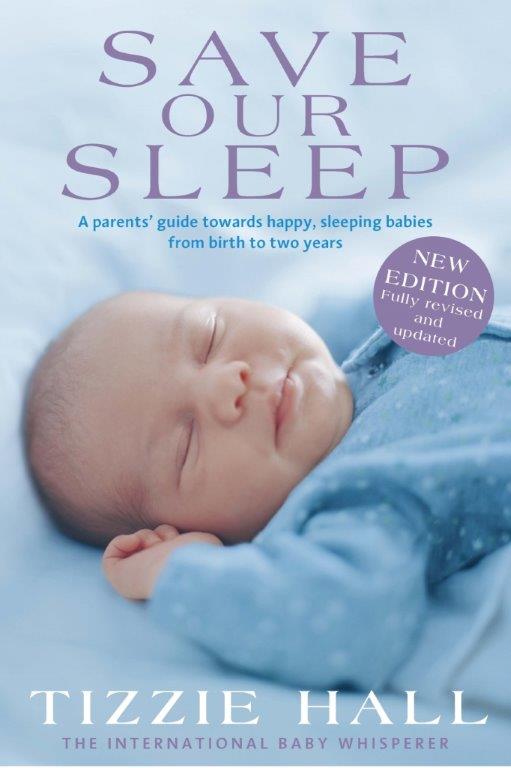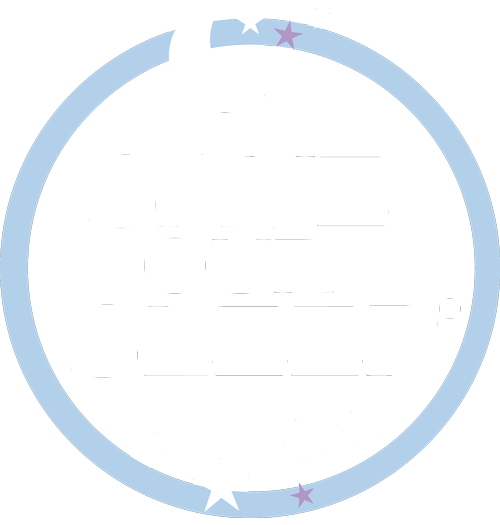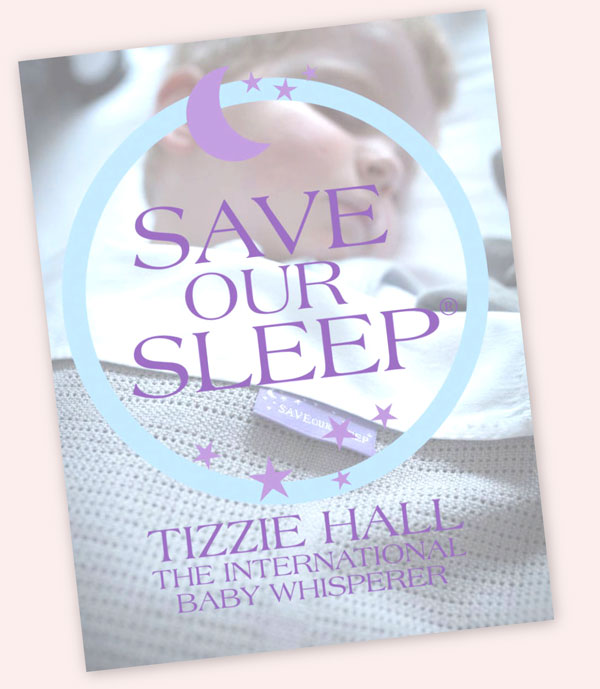As the cooler weather approaches and nasty coughs and colds occur, Tizzie shares what to do if you have a sick or unwell baby.
If your baby is ill, feverish or showing signs of illness, you must reduce the amount of bedding you use on him. The risk of overheating and its implications in SIDS, has been shown to be much greater when a baby is unwell.
If your baby has a fever I recommend:
• dropping down a TOG in the safe sleep bag you use. For example, if you normally use a 2.5 TOG safe sleep bag then change to a 1.0 TOG. If you normally use a 1.0 TOG then change to a 0.5 TOG,
• a wrap, if you are still swaddling your baby,
• no more than two layers of either cotton or bamboo blankets.
If your baby is less than eight weeks old I recommend you only dress him in a bodysuit and remove his babygro.
If your baby is unwell and does not usually sleep in a cot in your room, I recommend sleeping in your baby’s room so you can be close to him. Alternatively, you could use a mini crib placed next to your bed (which, at the lowest settings, can be used by a toddler as a ‘sometimes’ bed). If your baby has a diagnosed medical condition, I recommend you consult your child’s health care professional regarding appropriate bedding.
The common cold
One of the hardest things for a new parent to do is watch their baby suffer through his first cold. Your baby will be uncomfortable, snuffling and will probably have trouble feeding, but there are things you can do to make it easier on him. Babies get more colds because their immune systems are less developed than an adult’s, and the average baby will have at least six colds in his first two years of life.
A cold is an upper respiratory infection caused by many different viruses. They are easily spread when someone who has a cold sneezes or coughs and the virus goes into the air and is inhaled by someone else. You can also catch a cold through hand-to-hand contact so you should always wash your hands after blowing your nose or cleaning your baby’s nose.
A baby with a cold may have a fever of around 37.5°C, a cough, reddened eyes, a sore throat and a runny nose. Some babies become very irritable and lose their appetite. Young babies often find it hard to feed while they have a cold because they can’t breathe through their blocked nose while they suck. It is a good idea to clean their nose before each feed. Some vapour rubs are available to help your baby breathe at night, but you are better to try them on your baby’s bedding than his skin as some babies hate the smell and get very upset.
If your baby has been sleeping through the night he will probably start waking while he has a cold. If this happens, go to your baby and comfort him but try not to feed him. If your baby has a fever you may have to give little feeds again in the night, but once the cold has gone use the appropriate settling guideline during the night.
A cold generally starts to go away after ten days but can sometimes last up to fourteen days. Breastfeeding is one of the best ways to protect your baby’s health, since your baby will be getting your antibodies and natural immunities. Breastfed babies do still get colds but their symptoms are usually milder.
Read more in the Save Our Sleep guide





